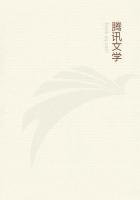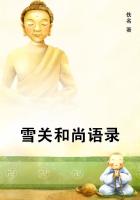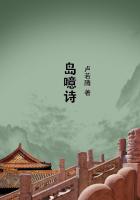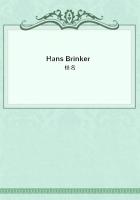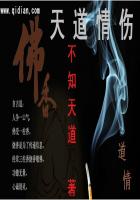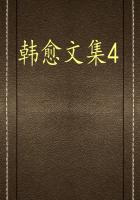THE INSTANCES which in the preceding chapters I have drawn from the beliefs and practices of rude peoples all over the world, may suffice to prove that the savage fails to recognise those limitations to his power over nature which seem so obvious to us. In a society where every man is supposed to be endowed more or less with powers which we should call supernatural, it is plain that the distinction between gods and men is somewhat blurred, or rather has scarcely emerged. The conception of gods as superhuman beings endowed with powers to which man possesses nothing comparable in degree and hardly even in kind, has been slowly evolved in the course of history. By primitive peoples the supernatural agents are not regarded as greatly, if at all, superior to man; for they may be frightened and coerced by him into doing his will. At this stage of thought the world is viewed as a great democracy; all beings in it, whether natural or supernatural, are supposed to stand on a footing of tolerable equality. But with the growth of his knowledge man learns to realise more clearly the vastness of nature and his own littleness and feebleness in presence of it. The recognition of his helplessness does not, however, carry with it a corresponding belief in the impotence of those supernatural beings with which his imagination peoples the universe. On the contrary, it enhances his conception of their power. For the idea of the world as a system of impersonal forces acting in accordance with fixed and invariable laws has not yet fully dawned or darkened upon him. The germ of the idea he certainly has, and he acts upon it, not only in magic art, but in much of the business of daily life. But the idea remains undeveloped, and so far as he attempts to explain the world he lives in, he pictures it as the manifestation of conscious will and personal agency. If then he feels himself to be so frail and slight, how vast and powerful must he deem the beings who control the gigantic machinery of nature! Thus as his old sense of equality with the gods slowly vanishes, he resigns at the same time the hope of directing the course of nature by his own unaided resources, that is, by magic, and looks more and more to the gods as the sole repositories of those supernatural powers which he once claimed to share with them. With the advance of knowledge, therefore, prayer and sacrifice assume the leading place in religious ritual; and magic, which once ranked with them as a legitimate equal, is gradually relegated to the background and sinks to the level of a black art. It is not regarded as an encroachment, at once vain and impious, on the domain of the gods, and as such encounters the steady opposition of the priests, whose reputation and influence rise or fall with those of their gods. Hence, when at a late period the distinction between religion and superstition has emerged, we find that sacrifice and prayer are the resource of the pious and enlightened portion of the community, while magic is the refuge of the superstitious and ignorant.
But when, still later, the conception of the elemental forces as personal agents is giving way to the recognition of natural law; then magic, based as it implicitly is on the idea of a necessary and invariable sequence of cause and effect, independent of personal will, reappears from the obscurity and discredit into which it had fallen, and by investigating the causal sequences in nature, directly prepares the way for science. Alchemy leads up to chemistry.
The notion of a man-god, or of a human being endowed with divine or supernatural powers, belongs essentially to that earlier period of religious history in which gods and men are still viewed as beings of much the same order, and before they are divided by the impassable gulf which, to later thought, opens out between them. Strange, therefore, as may seem to us the idea of a god incarnate in human form, it has nothing very startling for early man, who sees in a man-god or a god-man only a higher degree of the same supernatural powers which he arrogates in perfect good faith to himself. Nor does he draw any very sharp distinction between a god and a powerful sorcerer.

